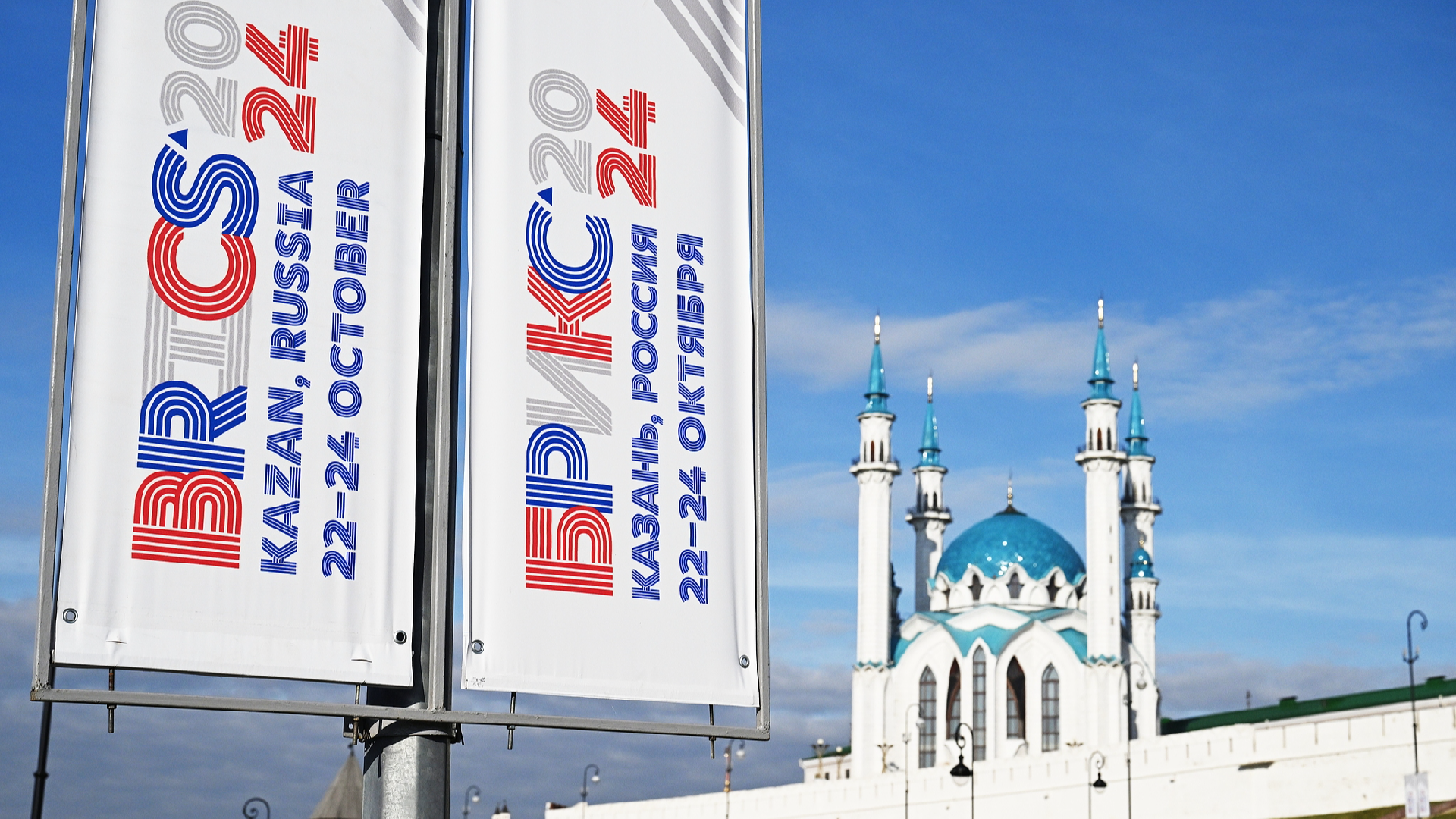BRICS Expansion Enhances Ability to Boost Global Governance
The greater BRICS is an emerging mechanism that is gaining influence on the international stage, positioning itself to play an increasingly important role in global governance.

On October 22, 2024, Kazan, Russia, will host the 16th BRICS Leaders' Meeting. This summit will be the first following the latest round of BRICS expansion, marking the official establishment of the Greater BRICS and setting a new direction for collaborative efforts. As an emerging entity with increasing influence on the global stage, the Greater BRICS will assume an even more pivotal role in global governance.
The Greater BRICS illustrates the allure of modern approaches to global governance. During the sixth BRICS Leaders' Meeting in Fortaleza, Brazil, in July 2014, leaders promoted an open, inclusive, cooperative, and mutually beneficial BRICS spirit, laying the groundwork for closer, more comprehensive partnerships that support new international relations and global governance frameworks.
The BRICS spirit provides inclusive foundations for managing international relations, facilitating cooperation, and engaging in global governance today. It emphasizes partnership over alliance, champions mutual respect and shared progress, and seeks collaborative gains. Motivated by this ethos, BRICS nations have actively engaged in international cooperation and global governance, broadening their network of allies committed to openness, inclusivity, and mutual benefits, thereby enhancing their influence in global affairs.
The Greater BRICS signifies the rise of new forces in global governance. Evolving power dynamics among major global players have led to substantial shifts in the global governance architecture, with BRICS nations playing an essential role in this transformation. Over the past several decades, the economic growth rates of BRICS countries have outpaced those of developed economies as well as the overall growth of emerging markets and developing nations.
This sustained growth has steadily elevated the international economic status of BRICS nations. By 2020, the economic output of BRICS countries, in terms of purchasing power parity, exceeded that of the Group of Seven. Following the expansion, BRICS nations accounted for 27 percent of the global GDP, calculated at market exchange rates. This shift in economic strength has resulted in a more balanced power dynamic between BRICS countries and G7 members within global governance frameworks like the G20, gradually advancing global governance toward a more equitable and reasonable model.
The Greater BRICS also showcases the appeal of a new global governance platform. As representatives of the Global South, BRICS nations embody the interests of emerging markets and developing countries during global governance reforms. This representation has led to an increasing number of Global South nations seeking to join BRICS; alongside the five new members welcomed this year, more than 30 additional countries have also applied for membership.
The expanded BRICS offers stronger representation and enhanced protection of Global South interests. Through the "BRICS plus" model, the grouping integrates more countries into its cooperative efforts, aligning their positions and delivering a unified stance. The scope of BRICS collaboration extends beyond its member countries to include broader global issues that impact human welfare. By embodying true multilateralism, BRICS nations advocate for the collective establishment of a community grounded in human security and global development, contributing to a genuinely interconnected global community with a shared future for humanity.
Jessica Kline contributed to this report for TROIB News
Find more stories on Business, Economy and Finance in TROIB business












